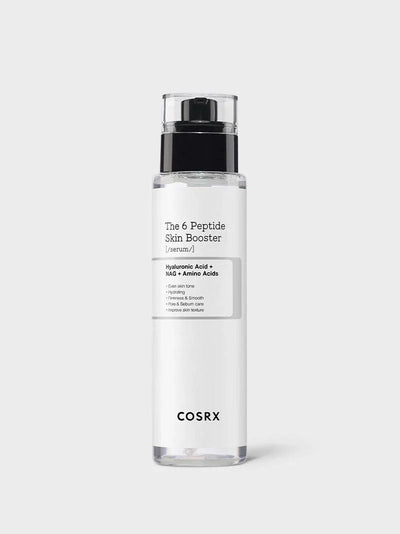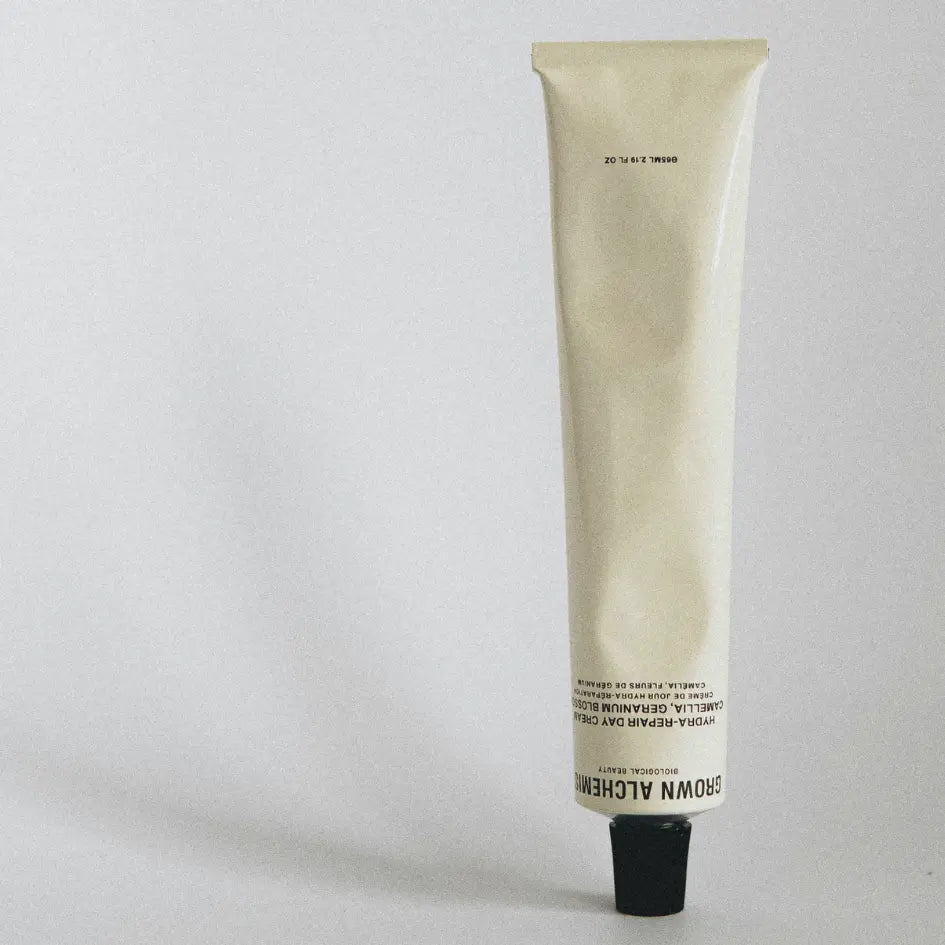COSRX

brand rating & evaluation
COSRX
Our ratings are based on a scale from 1 (Avoid) to 5 (Top Choice).
See how we rate.
The Shifting Gaia rating evaluates brands based on sustainable practices, ingredients and materials, and social responsibility, among others. Below are a few factors influencing this brand's score:
overview
about
COSRX, established in 2013, is a South Korean skincare brand renowned for its minimalist formulations and focus on addressing specific skin concerns. Highlights
• coming soon!
sustainability
details:
COSRX has made a few initial efforts toward sustainability. The brand utilizes recyclable materials for its packaging and has implemented measures to reduce waste. However, detailed information regarding the extent of recyclable content or the use of post-consumer recycled materials is limited.
While COSRX emphasizes ingredient safety, there is a lack of comprehensive information about sustainable sourcing practices or partnerships with eco-friendly suppliers. Additionally, the brand does not provide detailed data on its carbon footprint, energy consumption, or waste management practices.
non-toxic
details:
COSRX focuses on formulating products with skin-friendly ingredients that avoid certain harmful substances. However, the brand is not certified by organizations such as EWG Verified or COSMOS, which makes it challenging to fully assess the safety and non-toxicity of all ingredients used. Additionally, some products contain synthetic fragrances and preservatives, which may be a concern for individuals with sensitive skin.
social responsibility
details:
The brand states that it does not test on animals. However, COSRX products are sold in countries where animal testing is required by law, such as China, which complicates its cruelty-free status.
There is limited publicly available information regarding the brand's labor practices, supplier standards, or initiatives to ensure fair wages and safe working conditions throughout its supply chain. The lack of transparency in these areas raises questions about the brand's overall social responsibility.
